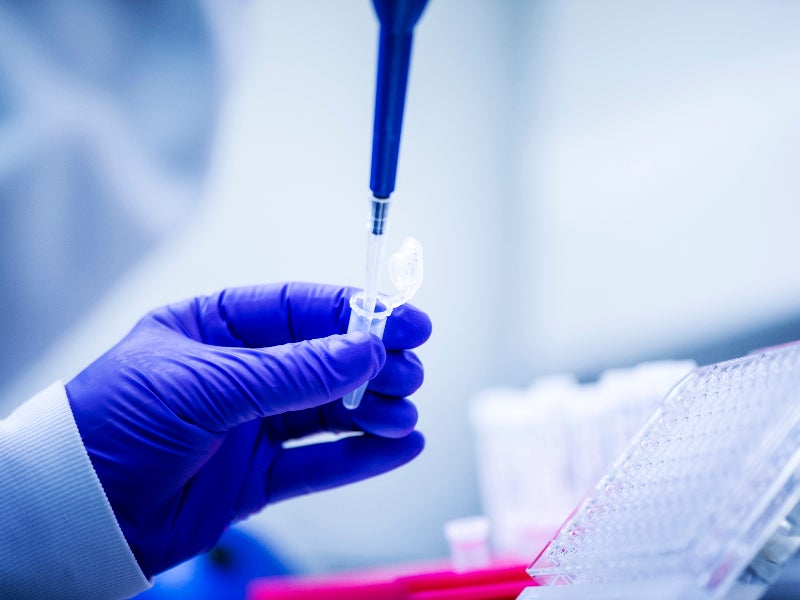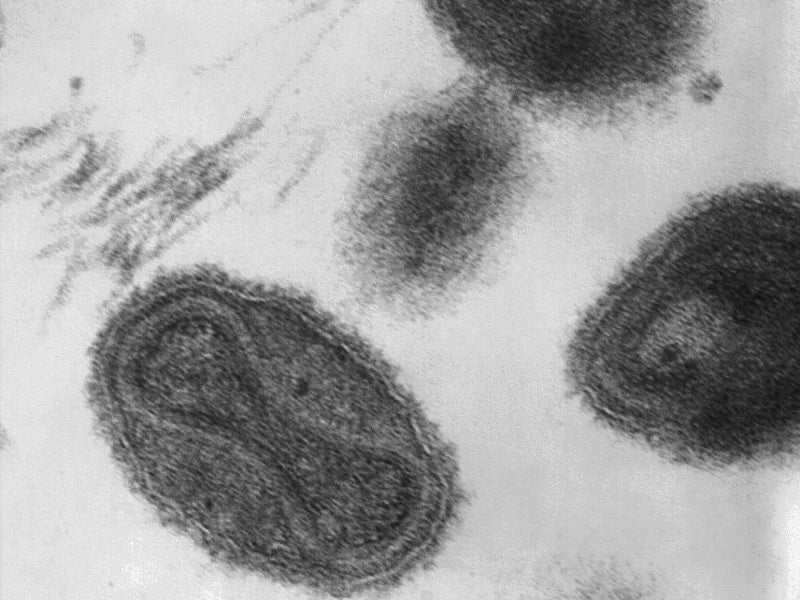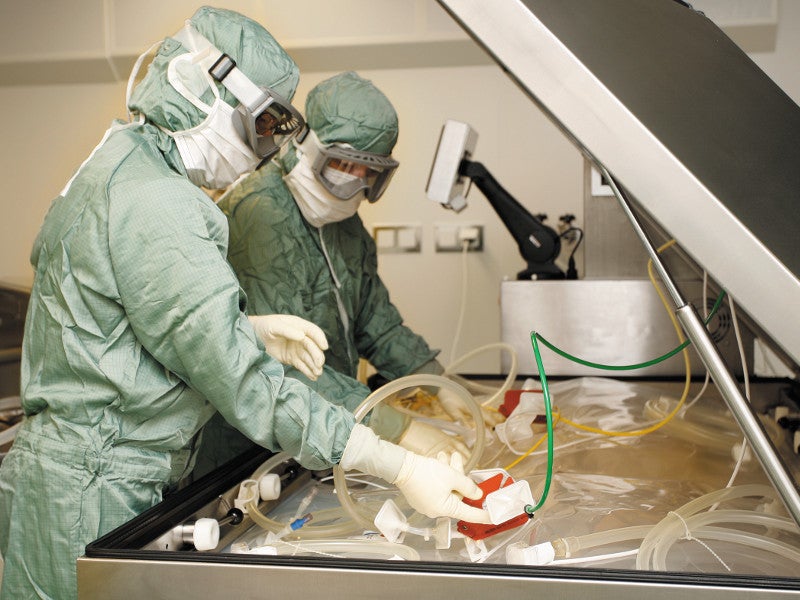JYNNEOS™ is a non-replicating vaccine indicated for smallpox and monkeypox disease prevention in adults aged 18 years and older.
The vaccine was developed by Bavarian Nordic in partnership with the US Government to protect adults from smallpox infection, including those with weak immune systems and those at high risk of reactions to existing replicating vaccines.
JYNNEOS was approved by the US Food and Drug Administration (FDA) in September 2019 for the prevention of smallpox and monkeypox in adults. It is the only FDA-approved non-replicating smallpox and monkeypox vaccine and the only approved monkeypox vaccine in the world.
The vaccine is marketed under the brand names IMVANEX® and IMVAMUNE® in the European Union (EU) and Canada for the treatment of smallpox and is available as a pale yellow to white sterile suspension for subcutaneous administration in 0.5mL single-dose vials.
Monkeypox and smallpox disease causes and symptoms
Monkeypox is a viral disease that is transmitted from animals to humans and is caused by the monkeypox virus, which is part of the orthopoxvirus genus.
Monkeypox infection is less transmissible from human-to-human than smallpox and is also less deadly. Case fatality estimates for monkeypox are up to 10%. The disease is characterised by fever, intense headache, swelling of the lymph node, back pain, myalgia muscle aches and lack of energy.
Smallpox is caused by the variola virus, which is also a member of the orthopoxvirus genus. It is transmitted from person to person through direct contact with contaminated fluids and objects and through the air. An estimated 30% of people who become infected with smallpox die from the illness. Signs and symptoms of smallpox include high fever, small blisters all over the body, tiredness, swollen glands and redness.
JYNNEOS mechanism of action and dosage
JYNNEOS contains a live, attenuated form of the vaccinia virus called Modified Vaccinia Ankara (MVA), which is similar to variola or monkeypox viruses but is less harmful. It is non-replicating and capable of generating humoral and cellular immune responses to orthopoxviruses.
The MVA is cultured in Chicken Embryo Fibroblast (CEF) cells placed in a serum-free medium. It is purified and filtered from the cells using various methods, including benzonase digestion.
Clinical trials on JYNNEOS
FDA approval of JYNNEOS for smallpox comes from a development programme comprising 22 clinical trials, which included two phase III trials. The programme enrolled a total of 7,871 individuals aged between 18 and 80 years who received at least one dose of the vaccine.
The efficacy of the vaccine was determined in two phase III trials comparing the immune responses of patients administered with either JYNNEOS or ACAM2000, an FDA-approved vaccine for the prevention of smallpox. JYNNEOS demonstrated non-inferiority in terms of immunogenicity as determined by plaque reduction neutralisation test.
Approval for monkeypox indication comes from survival data gathered from studies conducted in non-human primates. The survival rate ranged from 80%-100% in animals vaccinated with JYNNEOS, compared to 0%-40% in the control group.
The most common adverse reactions reported during the trials included injection site reactions, headache, nausea, throat tightness, myalgia and chills.
Marketing commentary on Bavarian Nordic
Bavarian Nordic is a Denmark-based biotechnology company involved in the development of innovative drugs and vaccines for the treatment of infectious diseases and cancer.
The company has a portfolio of cancer therapies and vaccine candidates under development for Ebola, Human papillomavirus, hepatitis B and human immunodeficiency virus (HIV).





